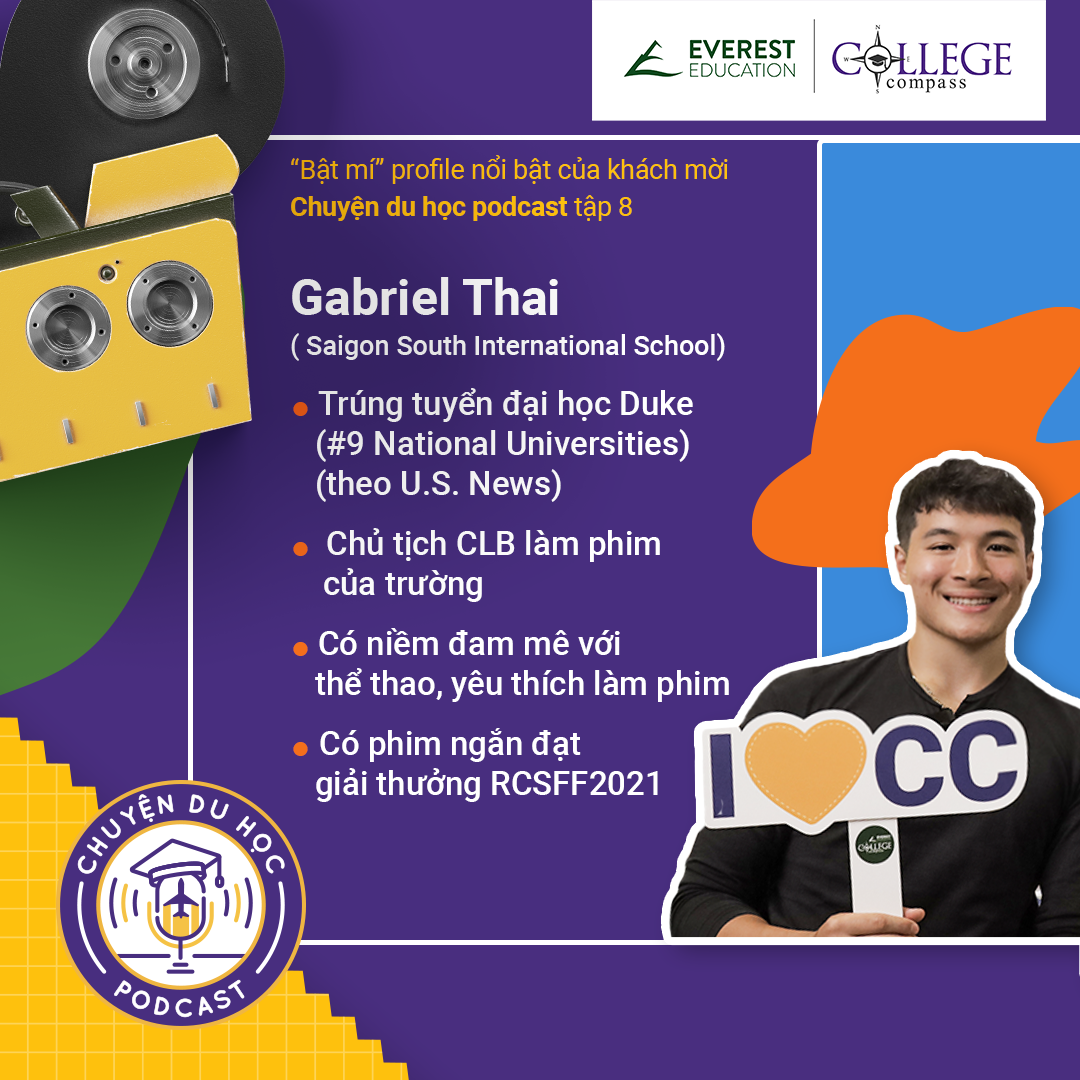Getting into a good college is a top priority for many of our students. They crazily work to get perfect grades, spend years enrolling in test-prep courses, and sign up for every extracurricular activity available. After all, this is what they have been advised to do.
It turns out that this widely prescribed triad of perfect grades, perfect test scores, and a laundry list of extracurriculars may be a bit…imprecise. In other words, a lot of what we think will get students into highly selective colleges might actually have the opposite effect. What’s worse, many of those activities can be incredibly time-consuming, energy-draining, and expensive.

Shirag Shemmassian has had plenty of experience with college applications. He attended Cornell University and UCLA himself, spent several years as an admissions interviewer at Cornell. Through Shemmassian Academic Consulting, he guides students and their families on achieving college admissions success.
Over the years, Shemmassian has learned what factors really make colleges take notice, and what he has to share might surprise you.
“Parents and students don’t really know where to go for high-quality information,” Shemmassian says.
“It seems like everyone around them is doing everything…enrolling in the most difficult classes, trying to get the highest standardized test scores. But beyond that, they’re not really sure how to stand out. Should they join every club or activity? Students are all hearing the same advice, so they, of course, end up looking like every other applicant. What they thought they should do is actually contributing, in large part, to them not standing out.”
Here we’ll take a look at three common mistakes students make in the name of getting accepted into their top college choices. Shemmassian explains why these choices are counterproductive and what students should be doing instead.

















